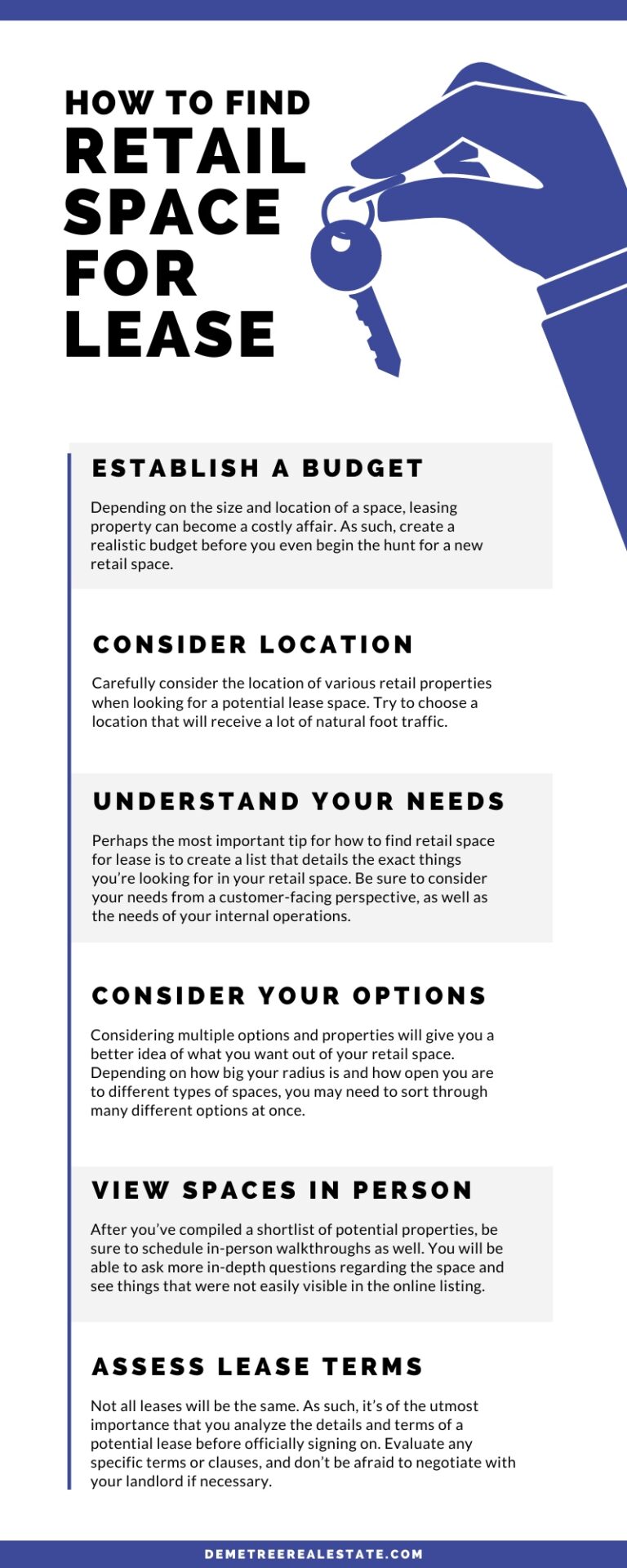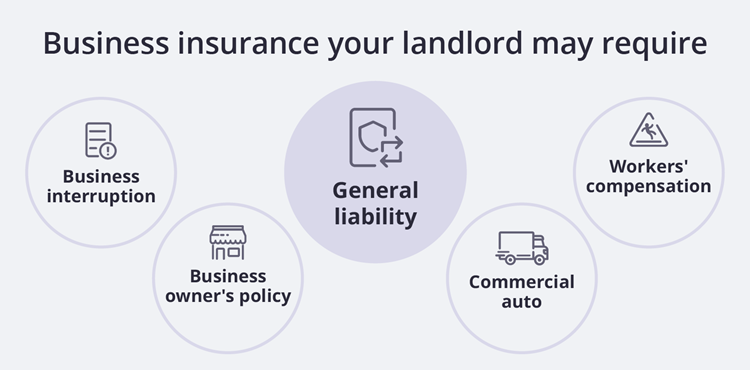Are Rental Cars Commercial Vehicles?
When it comes to rental cars, one might naturally wonder: are they considered commercial vehicles? While the answer may not be as straightforward as it seems, there are certain factors that determine whether a rental car falls into the category of commercial vehicles. It’s an interesting topic that sheds light on the complexities of the rental car industry and its relationship with commercial use.
The status of rental cars as commercial vehicles depends on various factors such as the purpose of use and the weight rating of the vehicle. In general, rental cars are not classified as commercial vehicles since they are primarily used by individuals for personal transportation. However, if a rental car is being used for business purposes or exceeds a certain weight rating, it may be considered a commercial vehicle. This distinction is important as it affects licensing, insurance, and other regulations that are specific to commercial vehicles.
Rental cars can be considered commercial vehicles depending on their usage. If the rental car is being used for business purposes such as transporting goods or passengers for a fee, then it can be classified as a commercial vehicle. However, if the rental car is being used for personal use or non-commercial activities, then it is not considered a commercial vehicle. It is important to check the terms and conditions of the rental car company to determine the allowed usage.

Understanding the Classification of Rental Cars as Commercial Vehicles
Rental cars are a convenient option for individuals and businesses alike. Whether you’re planning a vacation, attending a business conference, or simply need a temporary mode of transportation, rental cars offer flexibility and convenience. However, there is often confusion surrounding the classification of rental cars as commercial vehicles. Are rental cars considered commercial vehicles in the eyes of the law? In this article, we will delve into this topic and explore the various aspects that determine whether a rental car is classified as a commercial vehicle.
Factors Influencing the Classification of Rental Cars
The classification of rental cars as commercial vehicles is not a straightforward matter. Several factors come into play when determining whether a rental car should be considered a commercial vehicle. Let’s explore these factors below:
Intended Use
One of the primary factors influencing the classification of a rental car as a commercial vehicle is the intended use of the vehicle. If the primary purpose of renting the car is for commercial use, such as transporting goods or passengers for a fee, then it is likely to be classified as a commercial vehicle. This could include vehicles rented by courier services, rideshare drivers, or rental companies specifically catering to commercial clients.
Vehicle Weight and Size
The weight and size of a rental car can also play a role in determining its classification. In some jurisdictions, vehicles above a certain weight or size threshold are automatically classified as commercial vehicles. This is because larger and heavier vehicles are often associated with commercial purposes and may require additional licensing or permits.
Signage and Modifications
Another factor to consider is whether a rental car has any signage or modifications that indicate its commercial use. Some rental companies offer vehicles with specialized modifications, such as roof racks or commercial branding, specifically tailored for commercial purposes. In such cases, the presence of these modifications may contribute to the classification of the rental car as a commercial vehicle.
Rental Agreement Terms
The terms and conditions outlined in the rental agreement can also provide insight into whether a rental car is considered a commercial vehicle. If the rental agreement explicitly states that the vehicle is intended for commercial use or imposes restrictions on the vehicle’s use for personal purposes, it indicates that the rental car is classified as a commercial vehicle.
Legal Implications of Classifying Rental Cars as Commercial Vehicles
Understanding whether a rental car is classified as a commercial vehicle has important legal implications. Here are some key considerations:
Licensing and Permits
In many jurisdictions, commercial vehicles require specific licenses or permits to operate legally. If a rental car is classified as a commercial vehicle, the driver may need to possess the necessary commercial driver’s license (CDL) or permits, depending on the nature of the intended use.
Insurance Coverage
Insurance coverage is another important consideration. Commercial vehicles often require specialized insurance coverage due to the increased risks associated with their use. If a rental car is classified as a commercial vehicle, the renter may need to obtain commercial auto insurance or ensure that their existing coverage extends to commercial use.
Taxation and Reporting
Taxation and reporting requirements can also vary depending on the classification of a rental car as a commercial vehicle. Companies or individuals using rental cars for commercial purposes may be subject to different tax regulations, reporting obligations, and deduction options. It is important to consult with a tax professional to ensure compliance with applicable laws.
Conclusion
Are rental cars commercial vehicles? The answer depends on various factors, such as intended use, weight, size, signage, and the terms outlined in the rental agreement. Understanding the classification of rental cars as commercial vehicles is essential due to its legal implications, including licensing and permits, insurance coverage, and taxation requirements. Before renting a car for commercial purposes, it is advisable to clarify its classification to ensure compliance with relevant regulations and obligations.
Are Rental Cars Commercial Vehicles?
As a professional in the industry, the question of whether rental cars are considered commercial vehicles is often asked. It is important to differentiate between personal and commercial use when discussing rental vehicles.
Rental cars are typically used for personal purposes, such as vacation or business trips. They are not intended for commercial activities like transporting goods or providing services. Therefore, rental cars are generally not classified as commercial vehicles.
However, there are exceptions to this general rule. Some rental companies may offer specialized commercial vehicles for specific business purposes, such as cargo vans or trucks for moving services. In these cases, the rental vehicles would be classified as commercial.
It is crucial for businesses to understand the distinction between personal and commercial use when renting vehicles. If a business requires a vehicle for commercial activities, it is advisable to consult with the rental company to ensure the appropriate type of vehicle is selected.
Key Takeaways – Are Rental Cars Commercial Vehicles?
- Rental cars are not typically considered commercial vehicles.
- Commercial vehicles are usually used for business purposes.
- Rental cars are primarily used for personal transportation.
- Commercial vehicles may require special licenses and permits.
- Rental cars are regulated differently than commercial vehicles.
Frequently Asked Questions
Rental cars are a popular choice for individuals who need temporary transportation. However, there is often confusion about whether rental cars are considered commercial vehicles. In this section, we will address some common questions related to this topic to provide clarity.1. What is the definition of a commercial vehicle?
A commercial vehicle is typically defined as a vehicle that is used for business purposes. It is primarily intended for transporting goods or passengers for financial gain. These vehicles are generally larger in size and have specific features to handle the demands of commercial use.
Rental cars, on the other hand, are usually used for personal purposes, such as leisure travel or local transportation while someone’s personal vehicle is being repaired. They are not typically used for commercial activities and do not meet the criteria of commercial vehicles.
2. Can rental cars be used for commercial purposes?
In most cases, rental car agreements specifically prohibit the use of the vehicle for commercial purposes. This means that you cannot use a rental car to transport goods, provide passenger transportation services, or conduct any other business-related activities. Violating these terms could result in penalties and additional charges.
If you require a vehicle for commercial purposes, it is advisable to rent a commercial vehicle from a specialized rental company that offers vehicles specifically designed and insured for commercial use.
3. Are there any exceptions where rental cars can be considered commercial vehicles?
In some rare cases, a rental car may be considered a commercial vehicle if it is being used for business purposes and meets certain criteria. For example, if an individual rents a vehicle to transport goods for a one-time business event and obtains the necessary commercial permits and insurance, it may be considered a commercial vehicle for that specific use.
However, it is important to note that this is an exceptional scenario, and most rental cars are not intended or suitable for commercial use.
4. What are the implications of using a rental car for commercial purposes?
If you use a rental car for commercial purposes without permission, you may face legal and financial consequences. Rental car companies have strict policies in place to prevent commercial use of their vehicles due to liability concerns and insurance limitations.
In addition to potential penalties and charges, unauthorized commercial use of a rental car may also void any insurance coverage provided by the rental company, leaving the individual responsible for any damages or accidents that occur while using the vehicle for business purposes.
5. Are there any alternatives for renting commercial vehicles?
If you require a vehicle for commercial purposes, it is recommended to explore options specifically tailored for commercial use. Many rental companies offer a wide range of commercial vehicles, including vans, trucks, and specialized vehicles, that are equipped to handle the demands of businesses.
By renting a commercial vehicle from a specialized rental company, you can ensure that you have the necessary features, permits, and insurance coverage to safely and legally carry out your business activities.
Enterprise: For Lives In Drive (US Commercial)
In conclusion, rental cars are not considered commercial vehicles. Commercial vehicles are typically used for business purposes, such as transporting goods or passengers for hire. Rental cars, on the other hand, are primarily intended for personal use, providing temporary transportation to individuals who need a vehicle for a short period of time.
While rental cars can be used for various purposes, including travel or leisure activities, they are not classified as commercial vehicles because they are not being operated for commercial or business-related activities. Rental car companies cater to individuals who require a vehicle temporarily, offering a convenient alternative to public transportation or owning a personal car.









